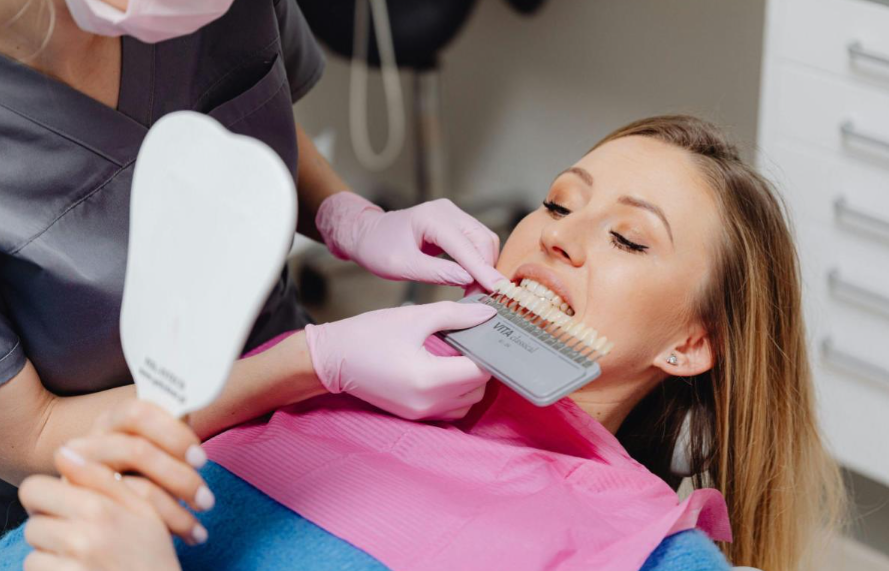When Do We Need a Tooth Extraction?
Tooth Extraction

Table of Contents
As painful as a tooth extraction may sound, there are times when it’s absolutely necessary in order to prevent further problems from occurring in the mouth. After all, nobody wants to have their teeth pulled out and experience the excruciating pain of the entire process.
Unfortunately, there are certain situations in which tooth extraction is the only solution to your dental problem.
Tooth extraction is performed for many different reasons. Take a look at a few common situations in which your dentist is likely to suggest or prescribe this procedure.
Tooth Decay
One of the most common reasons for tooth removal is considered to be tooth decay. It occurs when decay-causing bacteria attack the surface of the teeth by releasing dangerous acids. This leads to a cavity, which is basically a small hole in the tooth’s surface.
Tooth decay usually takes years to reach the point of tooth loss. If it’s not treated in time, it starts with serious dental pain followed by an infection, and finally leads to tooth loss. However, there may come a point where the decay and bacteria cause so much damage to the inner portion of the tooth that the only solution is tooth removal.
A simple way to prevent tooth decay and cavities are to undergo regular dental exams and go for teeth-cleaning every six months. This helps the prevention of cavities and allows your dentist to detect possible dental issues in the very early stage before it becomes untreatable.
Crowded Mouth
There are times when a tooth may ‘erupt’ through your gums, and it might not have enough space to grow properly inside the mouth. This prevents it from moving into position, resulting in the growth of irregular, misaligned teeth.
In the case of overcrowding in the mouth, your oral surgeon in Dubai will first assess your gums and teeth to come up with possible solutions. They are likely to suggest tooth extraction of that particular tooth that erupted through the gums. This is essential in order to give a chance to the remaining teeth to align correctly in the mouth.
Tooth Breakage
Accidents like car collisions, for instance, can lead to tooth breakage or other severe dental problems. If you are in an accident and your tooth ends up breaking near or at the gum line, there isn’t enough visible tooth structure for it to be restored or saved with a dental crown. In such a case, extracting the tooth is the only solution available.
Gum Disease
Just like tooth decay, if gum disease goes unnoticed, it causes massive destruction to the teeth. It’s also known as periodontal disease, and it mainly occurs due to poor flossing and brushing habits. When you don’t brush or floss your teeth properly, there’s an accumulation or buildup of plaque in the mouth, a sticky bacteria film that collects on the surface of the teeth.
When left untreated, the supporting structures of the teeth begin to deteriorate, eventually causing the teeth to become loose. In some cases, the teeth fall out naturally, just like that. At other times, however, it may require extraction or removal, followed by a tooth replacement treatment.
Tooth Infection
Dentists strongly emphasize regular and proper brushing of the teeth, and there’s a very important reason for that.
Food leftovers in the mouth are breeding grounds for bacteria, especially those that contain starches and sugars such as cakes, candies, soft drinks, biscuits, etc. When the bacteria feed on these foods, harmful acids are produced in the mouth that damage the teeth to the point that you need to get them extracted.
As a result plaque buildup can cause serious infections in the gums and teeth, which, if left untreated, can spread from one tooth to the other. Dental infection also leads to intense discomfort, making it difficult for you to chew and bite food. The ideal way to prevent tooth infection is to consult your dentist at the first sign of a toothache so that if there’s an infection, it can be treated before it reaches the point of tooth removal.
Impacted Tooth
Oftentimes, a tooth is unable to grow properly and doesn’t fully erupt beyond the gum line. This is referred to as an impacted tooth that mainly results due to overcrowding and ends up growing at odd, twisted angles.
Your dentist may suggest extracting the tooth in order to prevent it from damaging the other teeth. This is essential because an impacted tooth greatly increases the risk of infection in the mouth. Wisdom teeth are one of the most common types of impacted teeth since they don’t grow fully as the jaw isn’t large enough to support their growth.
Key Takeaway
The region of the mouth, gums, and teeth is incredibly sensitive and prone to dental issues, which is why dentists stress so much on proper oral care and hygiene. Tooth extraction is truly painful, and it’s very important to treat any dental issue well in time in order to prevent it from becoming severe.
The above-mentioned situations are a few main reasons why your dentist may prescribe tooth extraction to you. However, your goal should always be to follow proper dental hygiene in order to preserve your teeth for as long as possible. Make sure to brush your teeth twice a day, especially after you eat and before you go to bed, use fluoridated toothpaste as it helps decrease the risk of decay, limit the intake of sugary foods, floss your teeth daily, and follow proper brushing methods.
Following this basic dental hygiene routine will help keep your teeth in the best shape and condition possible.
Lastly, don’t miss out on your dental visits, and ensure regular dental checkups in Dubai. Doing so will help you and your oral surgeon with any sign of dental complication or issue at the earliest, further preventing it from worsening.
Explore various dental procedures, including extractions, in our blog on Different Dental Oral Surgery Procedures.
Book an Appointment With Your Doctor NOW!
Ready for a brighter smile? Schedule your appointment with Dr. Paul’s Dental Clinic today and experience exceptional dental care.
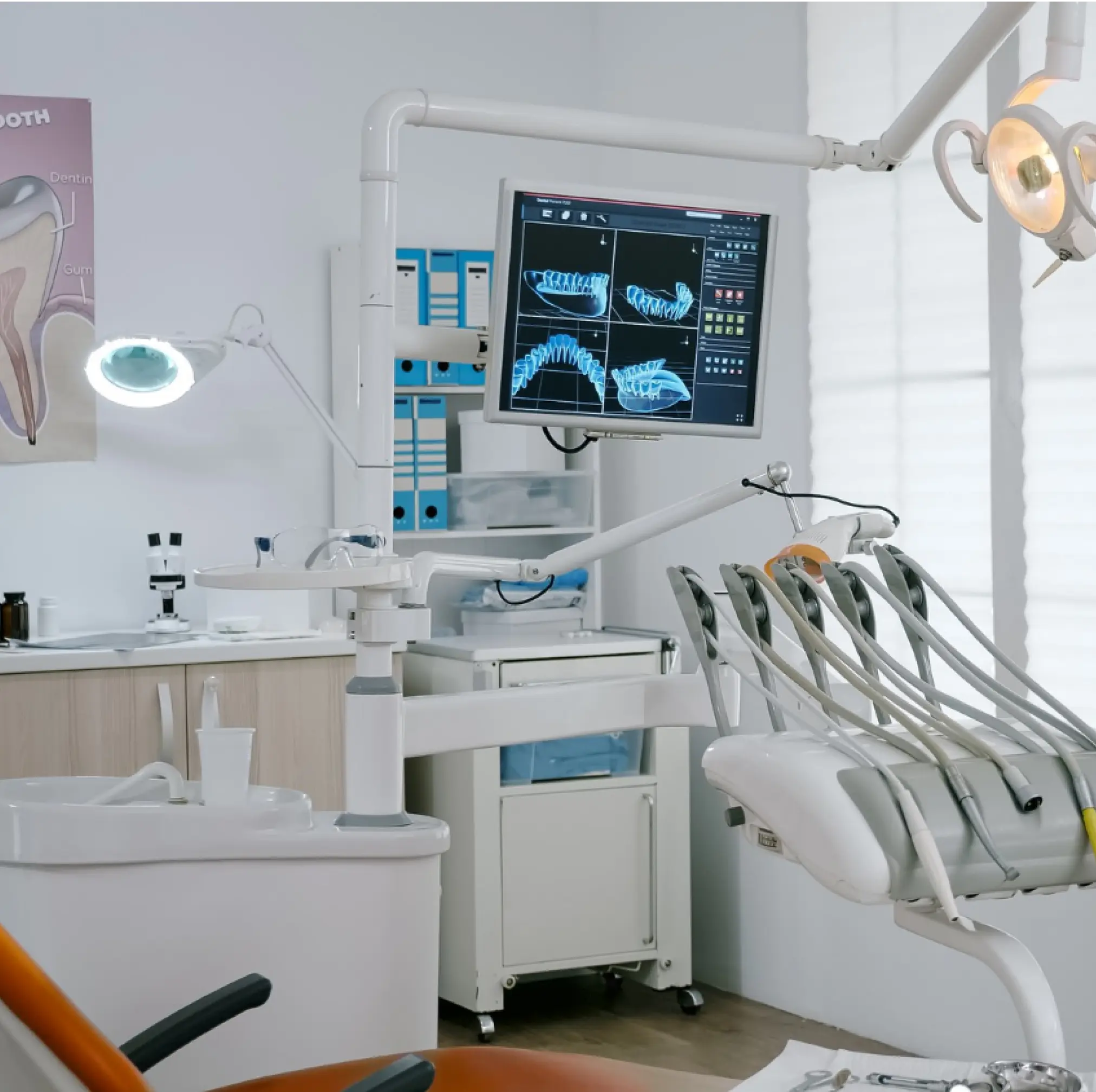
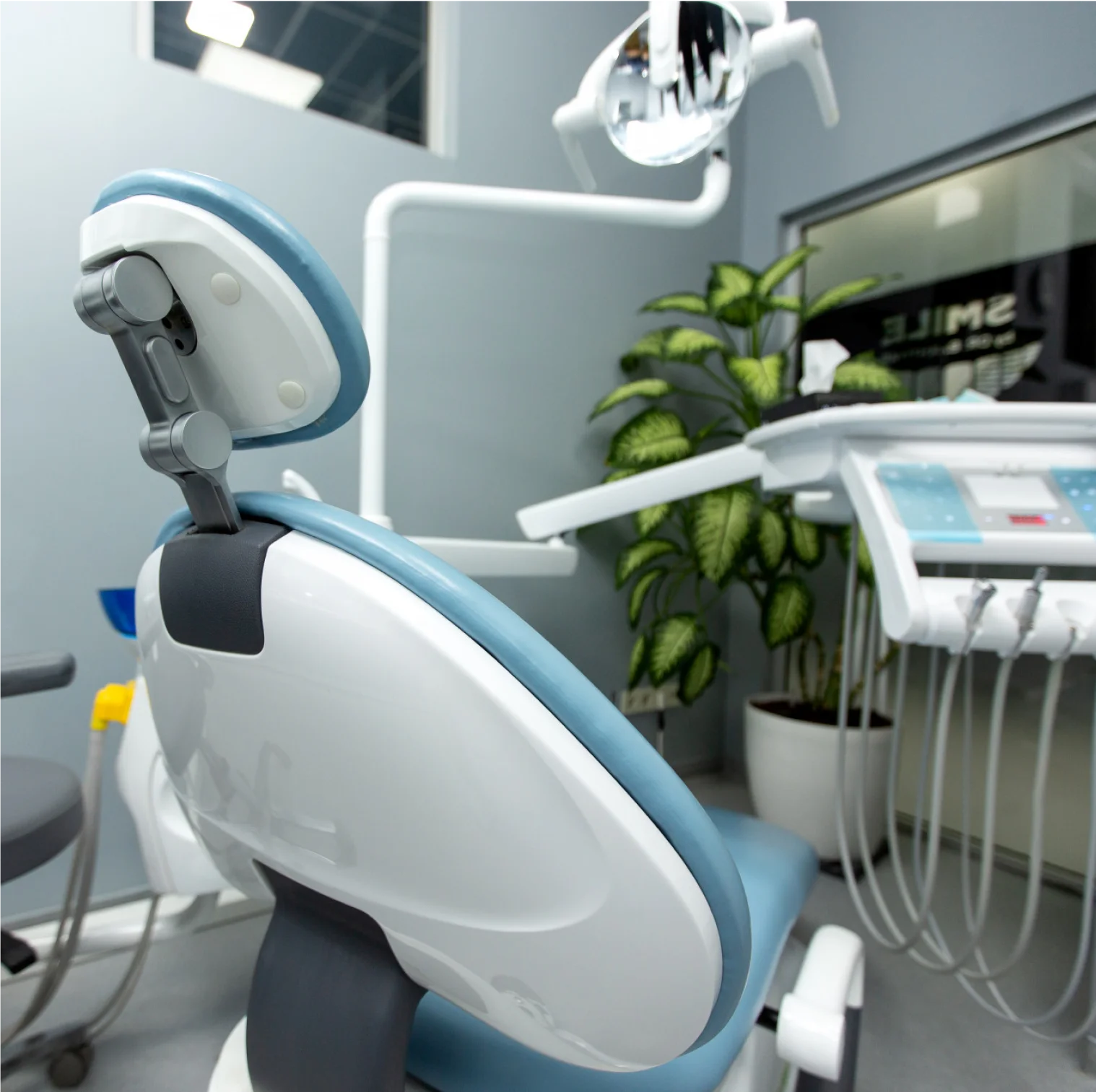
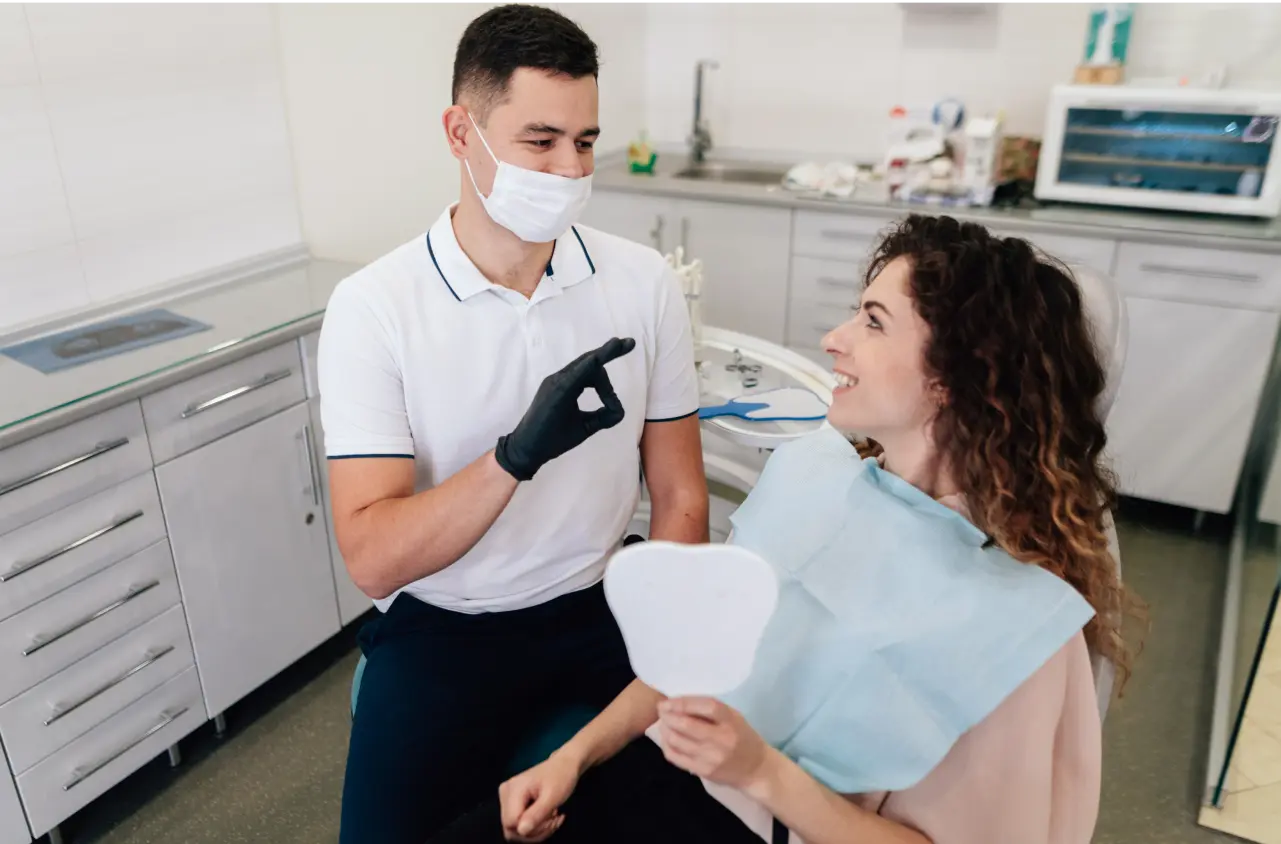
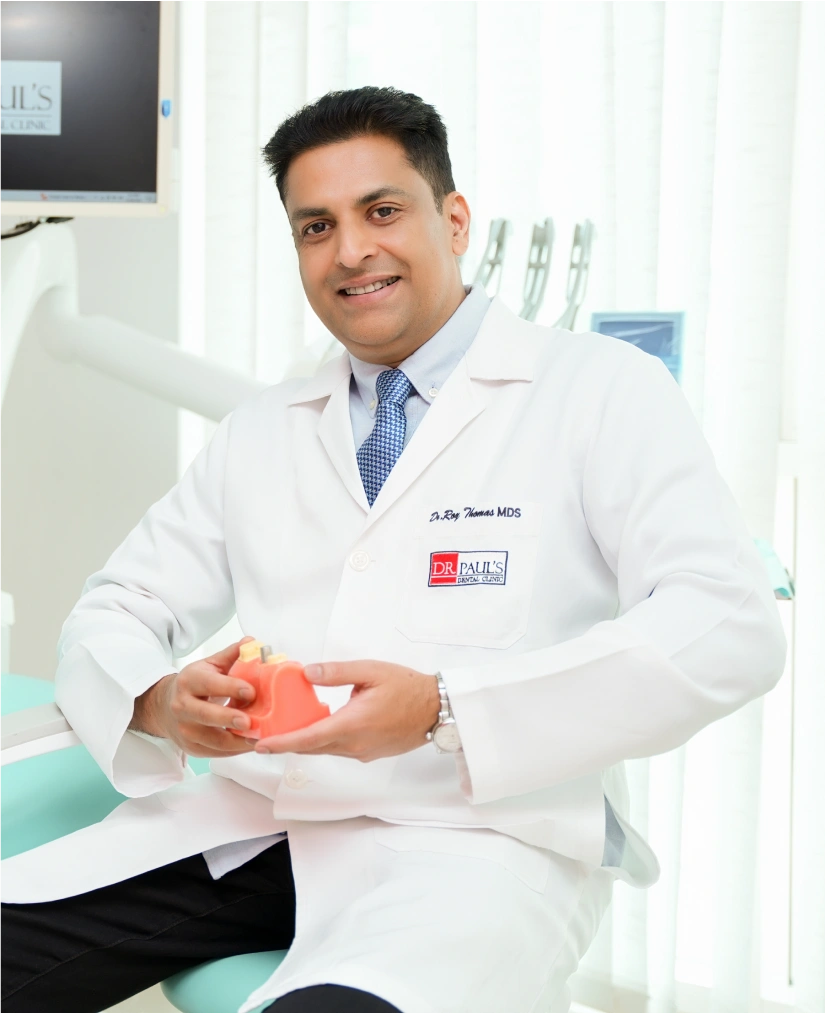 Dr. Roy Thomas
Dr. Roy Thomas 